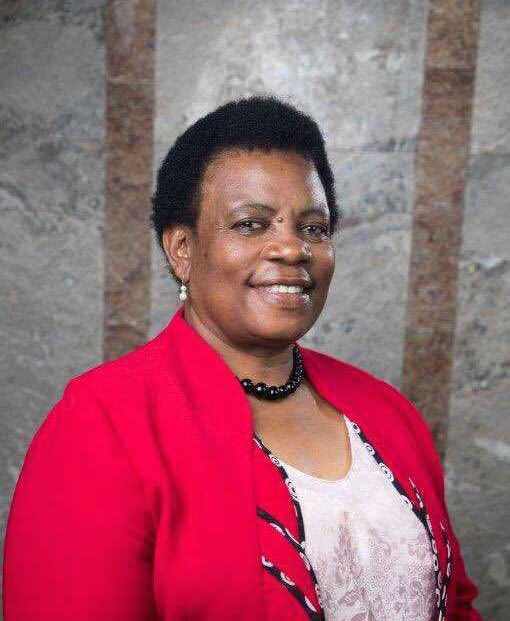|
Getting your Trinity Audio player ready...
|
By Nhau Mangirazi
The Zimbabwe Women’s Parliamentary Caucus has urged finance minister Prof Mthuli Ncube to set aside money to improve water and sanitation in mostly rural and marginalized communities.
The parliament caucus chairperson, Hon Goodluck Kwaramba made the presentation last week calling on Prof Ncube to consider setting aside funds that will help improve water and sanitation.
Hon Kwaramba’s presentation was on the 2023 Budget priorities from a Gender and Socially Inclusive Perspective. Hurungwe’s Proportional Representative (Hon Kwaramba), said the 2023 budget should motivate combinations of policies and practices to catalyze household, utility, and sector-level financing models that crowd in private funding to increase coverage more quickly and sustain services over time.
‘‘There is a need to fund the local production of water treatment chemicals than rely on export that periodically affects water delivery in communities,’’ said Hon Kwaramba.
She added that there is also a need to work towards better sanitation in communities.
‘‘The budget should set aside funds to implement low-cost sanitation and water strategies. These include providing community toilets and pit latrines in rural areas as well as drilling and maintenance of boreholes so that residents do not have to rely on contaminated sources,’’ she said.
Hon Kwaramba noted that the budget for devolution needs to support aging Water, Sanitation, and Hygiene (WASH) infrastructure in local authorities.
‘‘The budget needs to support the development of a comprehensive updated gender-sensitive water sector policy, covering all subsectors with a clear financing plan. These measures also address the burden of unpaid care and domestic work,’’ added Hon Kwaramba.
She applauded Prof Ncube for the introduction of the Gender Budget Statement that summarizes the gender funding provisions in the 2022 Budget Statement under three categories namely, Gender -pecific Expenditures, Equal Opportunity Expenditures, and mainstream gender-sensitive expenditures.
‘‘Gender is a developmental issue and I urge you to take the proposal made seriously so that we leverage on domestic resource mobilisation to accelerate economic transformation,’’ concluded Hon Kwaramba.
A gender-responsive budget (GRB) works for every woman, man, girl and boy, youth, person with a disability, and the aged by ensuring equitable distribution of resources.
It is essential both for gender justice and fiscal justice. Constitutional provisions sections -Section 17 on gender balance, Section 56 on non-discrimination, Section 298 1b (1) on fair sharing of the burden of taxation; Section 298 1b (111) on expenditure towards the development of Zimbabwe, and special provision must be made for marginalized groups and areas, informs the ZWPC advocacy on gender-responsive budgeting.
The ZWPC Women’s manifesto (2018-2023) highlights the significance of Sustainable Development Goals 1-8, sectors to gender-responsive budgeting.






